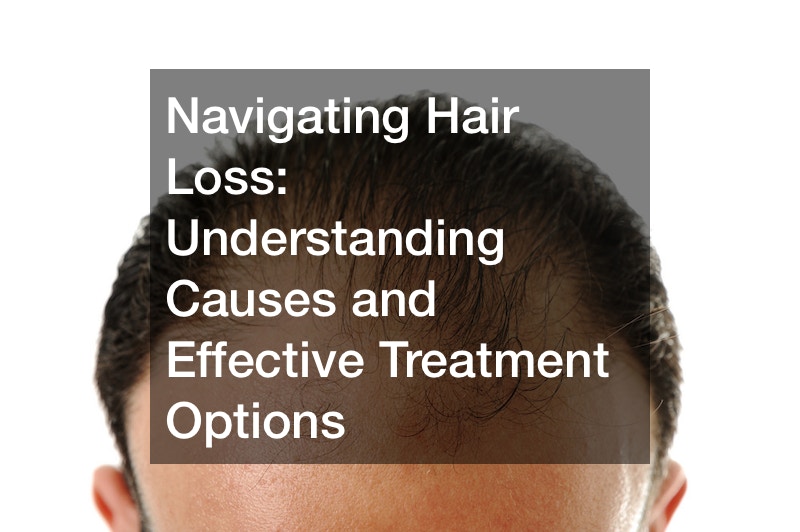Hair loss is a common concern affecting many individuals, with up to 100 hairs lost daily considered normal. However, aging, genetic predisposition, and various health factors can lead to more significant hair loss in some people. Understanding the causes is crucial for determining the appropriate hair loss treatment.
Various factors contribute to hair loss, including diseases like thyroid problems, diabetes, and lupus.
Medications, chemotherapy, stress, a low protein diet, family history, and poor nutrition also play roles in hair loss. Identifying the specific cause is essential in tailoring an effective treatment plan.
Treatment options for hair loss are diverse and depend on the underlying factors. Addressing the root cause is a key strategy; for instance, managing health conditions or adjusting medications. In cases where this isn’t feasible, medications designed to promote hair growth may be recommended. Hair restoration techniques, such as transplantation, are also viable options.
While some hair loss treatments focus on stimulating regrowth, others aim to slow down the process. Over-the-counter topical treatments, prescription medications, and laser therapy are examples of interventions that individuals may explore.
Ultimately, consulting with a healthcare professional or a specialist in hair restoration is crucial for an accurate diagnosis and personalized treatment plan. With advancements in medical science, effective solutions are available to address the multifaceted nature of hair loss and promote healthier, fuller hair.
.







